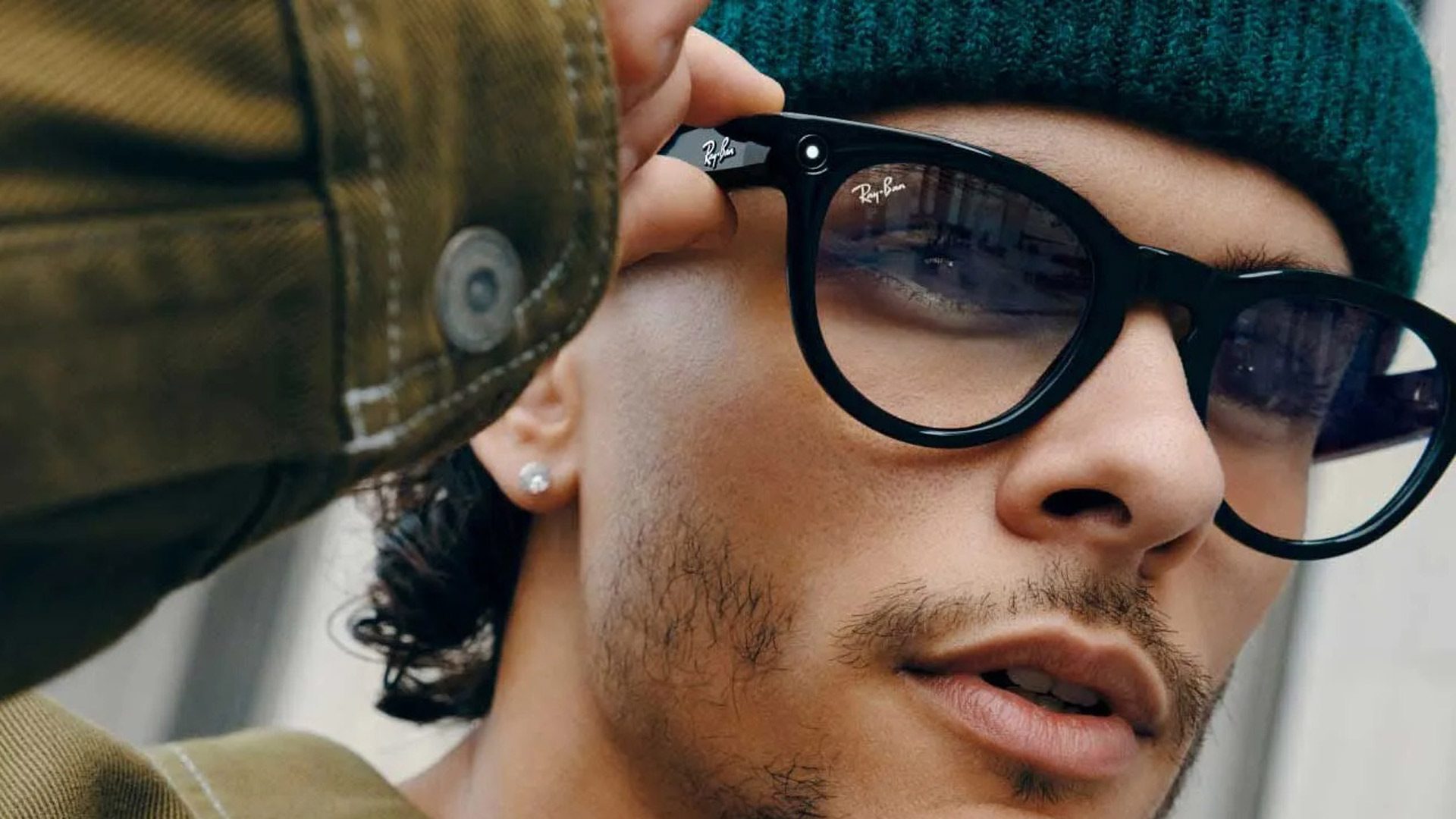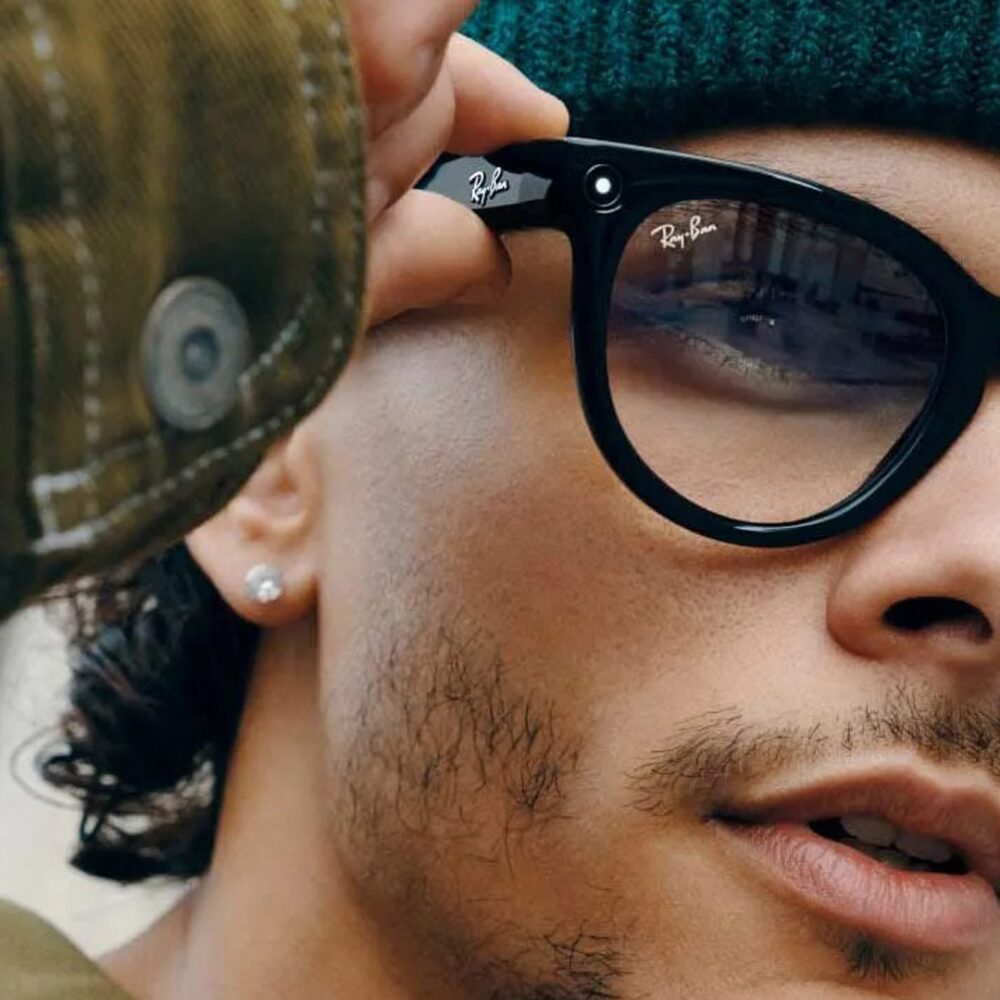TDK, the Japan-based electronic component and software company, announced it’s acquired SoftEye, the US-based smart glasses hardware and software maker.
TDK calls the acquisition of SoftEye a “key milestone in the development of TDK’s contribution to the entire AI ecosystem and reinforces the business portfolio to establish a leadership position in this critical market.”
While financial terms have not been made public, a Reuters report claims the deal is worth “less than $100 million,” according to a source familiar with the matter.
SoftEye, a San Diego-based company, manufactures custom chips, cameras and algorithms for use in AI-linked smart glasses, something TDK calls “a critical element in delivering a complete AR/VR display system and will also create a new Human Machine Interface (HMI) for interacting with AI through eye movement.”
“We are building technologies for AI glasses connecting the user with generative AI, which fits directly in line with TDK strategy for smart glasses which can connect people with AI for a more intuitive and compelling user experience,” says SoftEye CEO Te-Won Lee. “SoftEye’s novel, low power eye intent system unlocks a new type of Human Machine Interface that allows the user to communicate with AI simply through their eye movements. Together, we believe we can deliver even more advanced integrated solutions – spanning systems, software and machine learning and custom chips.”
Widely known for its major position in the cassette tape and CD-R disc industry in the ’90s and early 2000s, TDK has since focused on electronic components, including everything from sensors, transformers, capacitors, and application specific IC (ASIC).
In recent years, the company has also heavily invested in AI infrastructure—from neuromorphic “spin memristors” to reduce power consumption for AI applications, to ultra‑fast spin photo detectors to increase data speeds for AR/VR applications and data centers.
TDK’s SoftEye acquisition follows increased market interest in smart glasses, with industry veteran Vuzix recently securing a $5 million investment from Quanta Computer, the Taiwan-based ODM and major Apple assembler.
Meanwhile, familiar names in the consumer-focused XR segment are preparing what could shape up to be strong competitors to the field’s leader, Ray-Ban Meta Smart Glasses.

Google announced last month it’s working with eyewear firms Warby Parker and Gentle Monster to release a line of fashionable smart glasses running the company’s forthcoming Android XR operating system—expected to release sometime after 2025.
Rumors additionally suggest that both Samsung and Apple are aiming to release their own smart glasses at some point, with reports claiming Samsung could release a device this year, and Apple as soon as 2026.
Meanwhile, Meta recently confirmed it’s expanding its partnership with Ray-Ban Meta-maker EssilorLuxottica to create Oakley-branded smart glasses, expected to launch today, June 20th.
